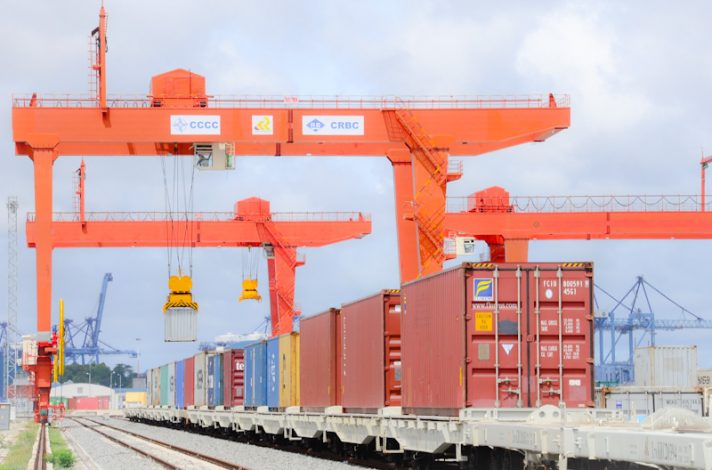Kenya’s current account deficit widened as imports grew at a faster pace compared to export earnings in the first four months of the year.
Data from the Central Bank of Kenya (CBK) shows the deficit, measured as a percentage of the gross domestic product, stood at 5.5 per cent in the 12 months to May 2021 compared to 5.2 per cent of GDP in the 12 months to May 2020.
“The higher deficit was attributed to lower service receipts, which more than offset the increased receipts from exports and remittances,” said CBK in its weekly bulletin.
Diaspora remittances have surged by a 22.3 per cent y/y increase to USD 315.8 mn in May 2021, from USD 258.2 mn recorded over the same period in 2020.
However, receipts from services exports remain subdued, mainly due to weaknesses in international travel and transport.
According to London-based research firm Henley & Partners recent report, it was clear that global mobility will be “seriously hampered throughout 2021.”
“In many countries, serious doubts have arisen as to the ability to handle a global crisis, with the subsequent embrace of more inward-looking priorities,” Henley & Partners chairperson Christian H. Kaelin noted.
In this context, “people need to expand their residence and passport options,” he said.
For instance, holders of Kenya’s passports cannot access 54 countries. The number of countries that Kenyans can visit without a visa has dropped from 64 in quarter two of this year to 59.
The World Bank in its 23rd Kenya Economic Update, expects the country’s current account deficit to widen on the rebounding of domestic demand which is set to fuel imports as firms increase input purchases.
The current account is projected to widen to 5.5 per cent this year from 4.8 per cent in 2020.
“The current account deficit is expected to be adequately financed through a mix of government borrowing (multilateral and other concessional borrowing residual financing need), private sector borrowing, and portfolio and foreign direct investment (which have scope to recover and grow substantially, having been suppressed by the pandemic in 2020),” said the World Bank.




